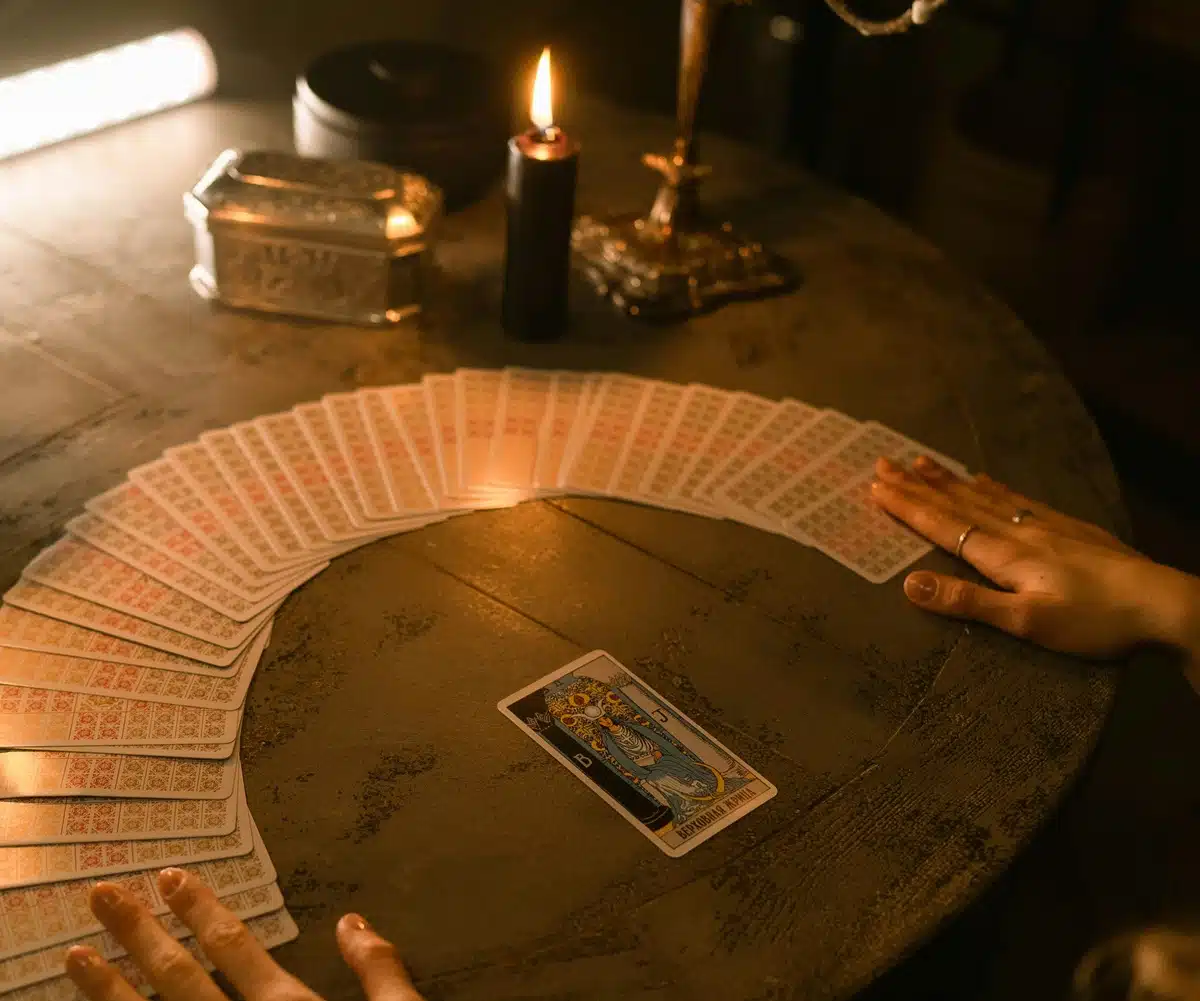Throughout time and across cultures, mankind has sought in gods, goddesses and mythology to define luck and fortune. Today, those ageless concepts still echo in the exhilaration of the casino game and in the role that chance plays in determining outcomes.
For centuries, mankind has attempted to decipher fortune in tales, signs and rituals. Mythology provided interpretation in the form of stories involving gods and goddesses, whereas games of luck offered the opportunity to address fortune personally. Casino games that observe this practice endure in the modern age, combining ancient captivation with popular entertainment.
The Timelessness of Probability in Human Culture
Since early human civilization, mankind has been intrigued by the mysteries surrounding fortune and luck. The ancients tended to see unexpected events as portents from superior deities, integrating chance into the very essence of their cultural mythology. Whether through dice formed from animal remains or marked lots in spiritual rites, the unpredictability of life became the means of reaching out to destiny.
This fascination has not gone away. The same curiosity that drove the ancients to read the future from symbols or numbers is seen in the popularity nowadays of casino games involving chance. The unpredictable up or down swing in fortune has always provided feelings of stimulation, entertainment, as well as connection with something bigger than oneself that is not in one’s control.
Goddesses Fortuna and Tyche
The Roman god of fortune was Fortuna, who was depicted as having a wheel that symbolized constantly changing fortune. The Greek counterpart, Tyche, appeared as one who brought prosperity and fortune, always depicted as carrying dice or a cornucopia. These exemplars depicted that fortune was mutable, giving to you one moment and taking away the next.
This symbolism speaks eloquently to the beat of the game. The spinning wheel of Fortuna has echoes in the roulette table, where suspense builds as players await the fall of the ball. The imagery of Tyche’s dice continues in the rolling of modern games, whose outcome reminds players that fortune is part of the plan in life. Just as individuals in the past offered sacrifices to these gods to woo fortune, enthusiasts these days enjoy casino games as a fun expression of fortune’s unpredictability.
Gaming’s Mythological Roots
The tools of fortune, such as cards, game pieces and dice, have never been anything less than amusement tools. Ancient dice were used in divinations that returned answers from the gods. Archaeology discovered that dice existed thousands of years ago in India, Mesopotamia and Greece, typically in relation to their use in cults and religious rites.
Playing cards, though introduced later from Asia, quickly got mixed up with mystique and symbolism. Each suit became tied to something in life, from nobility to commerce to warfare to spirituality. These items then developed from spiritual objects to entertainment, loosening the doors to structuring games in casinos. When people gamble with cards or dice these days, they are engaged in traditions that go back through centuries in human history, combining entertainment with the shadow of myth.
How Casino Games Today Reflect Ancient Beliefs
Despite advances in gaming technology, as in game production, the themes remain remarkably similar to those in mythology. Games themselves will inevitably incorporate symbols of good fortune; horseshoes, four-leaf clovers, gold coins, the color red, that are tied to cultural beliefs that wealth and good fortune are to be found. Rituals of betting or game choice are analogous to the age-old practices of seeking fortune in signs and portents.
Just as the faithful used to leave it to the will of the gods, the modern player relishes probability as part of the game. Anticipation, suspense and the ultimate prize speak to the primeval drive to defy fortune and greet good fortune. Casino games amuse, to be sure, but they are accompanied by the living legacy that mankind has always loved fortune and destiny.
From Myth to Modern Play
The long-enduring appeal of fortune is that it is both uncontrollable and intrinsically personal. Fates and fortunes gave shape to this unknown through mythology, while games gave practical avenues to engage the unknown. This relationship continues in contemporary times in that casino games provide a lighthearted yet uncomplicated way to experience themes of fortune, luck and potentiality.
Gaming is more than winning to most. It is the atmosphere, the exhilaration of suspense and the enjoyment in sharing in as timeless a culture as storytelling. Just as mythology in the past brought people into mutual belief, the gaming culture unites players in mutual celebration of luck. The exhilaration in rolling the dice, shuffling cards or spinning the wheel carries on the age-old premise that luck is always in motion, to be discovered.
From ancient myths about Fortuna and Tyche to ritualistic holy dice, mankind has constantly pursued fortune as a power that shapes the flow of life. Casino games maintain this legacy by providing a forum wherein luck and chance are always the constants, evoking in the player the age-old curiosity about the unknown. Luck remains fascinating, illustrating that while culture and game vary, the desire to defy destiny as well as to pay homage to fortune remains as powerful as ever.
Featured image courtesy of Pexels.com

